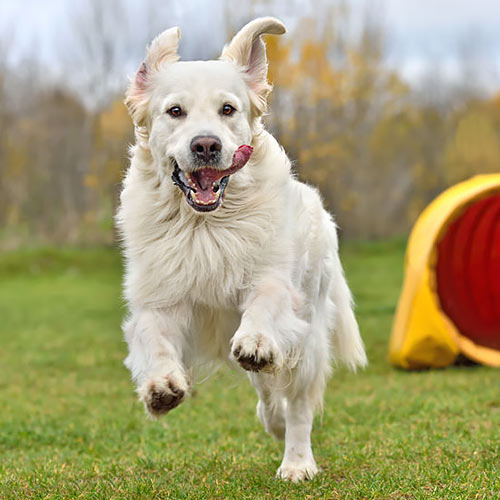Record keeping is critical to team improvement as well as legal protocol. This article deals primarily with training records of the K9 team. Police dog training records provide a record of performance.
Training records can help to guide our training. If the handler/trainer sees a particular problem in a repeated exercise, one or the other will need to formulate a plan to overcome that problem. Say the detection dog finds all other drugs easily and reliably in training but has a problem detecting meth, for example. What needs to be done to correct this problem? Has the “meth” been tested in a lab to verify it is genuine meth? In other words, is your training aid reliable? The records may reveal a problem but may also give guidance on how to correct that problem.
Training records help establish credibility. The handler will need to include the good and the bad in the records. If a defense attorney sees a record which is absolutely perfect, it will give the impression that you have covered up false positives, for example. Rather, record those false positives but also record what you have done to correct that problem.
US v. Flores proves the need for reliable records in court. A detection dog alerted to the luggage compartment of train stopped in Albuquerque, NM which led to the seizure of 32.6 kilos of cocaine. The court focused upon the handler’s lack of training records. He was able to give verbal assertions of certification but little to nothing to verify his claims. Because there was no record of how many times the dog “false alerted”, the court found that “the dog’s reliability was not sufficiently established, so the alert also could not provide probable cause. The dog’s reliability could be established only by daily documentation of field activities; certification was not enough.”
Train hard. Train right. And record your training. Keeping records can be frustrating and time consuming, but it will save you much headache and embarrassment.

